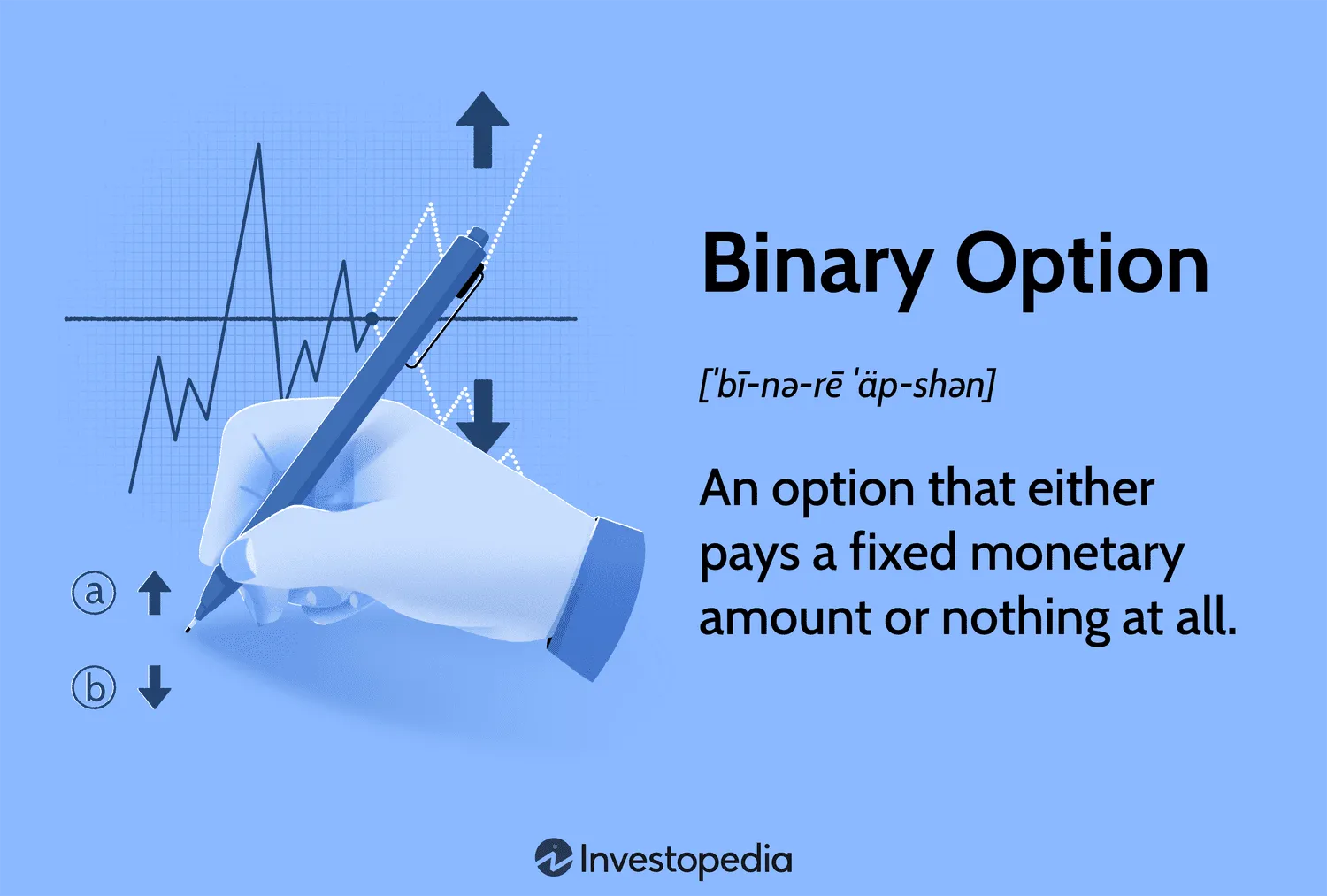Introduction
In today’s business landscape, sustainability is no longer optional—it’s essential. For small businesses, staying competitive means adapting to environmentally conscious practices. One emerging solution is Carbon Credit Trading for Small Businesses, which allows them to offset their carbon emissions while unlocking new financial opportunities. This system not only helps the environment but also creates a pathway for growth, innovation, and enhanced brand reputation.
This article explores the key benefits, strategies, challenges, and future trends of carbon credit trading specifically tailored for small businesses.

What is Carbon Credit Trading?
Carbon credit trading is a market-based approach designed to reduce greenhouse gas emissions. One carbon credit typically equals one metric ton of CO₂ or its equivalent removed from the atmosphere. Businesses can buy, sell, or trade these credits as part of a regulated or voluntary carbon market.
For small businesses, this system provides a practical way to:
- Offset their emissions.
- Invest in eco-friendly initiatives.
- Collaborate with larger organizations.
Why Carbon Credit Trading Matters for Small Businesses
Small enterprises often operate with limited resources. Unlike large corporations, they cannot always invest in expensive renewable technologies. Carbon credit trading bridges this gap by:
- Allowing access to affordable carbon reduction strategies.
- Creating new revenue streams through selling surplus credits.
- Demonstrating a commitment to sustainability, which attracts eco-conscious customers.
This positions small businesses as active contributors to the green economy while ensuring long-term profitability.
5 Key Benefits of Carbon Credit Trading for Small Businesses
1. Cost-Effective Sustainability
Many small businesses think going green requires heavy investments. With carbon credit trading, they can participate in sustainability without overspending. Buying credits is often cheaper than overhauling operations entirely, making it a cost-efficient pathway to meet carbon goals.
2. New Revenue Opportunities
If a small business invests in energy-efficient systems or renewable energy, it might generate excess carbon credits. These can be sold in voluntary or compliance markets, creating additional income. For example, a small factory using solar energy could generate credits and sell them to larger corporations seeking offsets.
3. Stronger Brand Reputation
Modern consumers value eco-conscious brands. By engaging in carbon credit trading, small businesses can highlight their environmental responsibility. This not only strengthens customer trust but also makes them stand out in a competitive marketplace. In fact, sustainable branding has become a power keyword for attracting investors, clients, and loyal customers.
4. Access to Partnerships and Networks
Carbon credit trading often requires collaboration with organizations, governments, and NGOs. Small businesses gain access to new networks, partnerships, and funding opportunities that might otherwise remain unavailable.
5. Compliance and Risk Management
Environmental regulations are becoming stricter worldwide. By participating in carbon markets, small businesses can stay ahead of compliance requirements, reducing legal and financial risks. This proactive approach helps them build resilience for future challenges.

How Small Businesses Can Participate in Carbon Credit Trading
- Measure Emissions
Start by calculating the business’s carbon footprint. Tools and consultants can help assess energy usage, transportation, and waste. - Choose a Carbon Market
Decide between the voluntary market (for reputation and sustainability goals) or the compliance market (government-regulated). - Purchase or Generate Credits
- Purchase credits from certified providers.
- Or generate credits by investing in renewable energy, recycling, or tree-planting projects.
- Track and Report Progress
Transparency is key. Regular reporting ensures accountability and strengthens brand image.
Challenges Small Businesses May Face
- Knowledge Gaps: Many small enterprises lack awareness of how carbon credit trading works.
- Initial Costs: While cheaper than infrastructure upgrades, there are still costs involved in buying credits.
- Verification: Ensuring credits are authentic and certified can be complex.
These challenges can be overcome with proper education, third-party guidance, and access to reliable carbon marketplaces.
Real-Life Examples of Carbon Credit Trading for Small Businesses
- A local coffee shop offset emissions from its supply chain by purchasing verified credits from a reforestation project.
- A small textile unit installed energy-efficient equipment, generated credits, and sold them to a multinational brand.
- A farm cooperative partnered with a carbon registry, earning revenue from sustainable agriculture practices.
These examples highlight the potential for small businesses to thrive in the carbon trading ecosystem.
Future of Carbon Credit Trading for Small Businesses
The future looks bright as carbon markets expand globally. With growing consumer demand for sustainable businesses, small enterprises that adopt carbon trading early will gain a competitive advantage. As regulations tighten, businesses already engaged in trading will find compliance easier and more cost-effective.
The trend indicates that Carbon Credit Trading for Small Businesses will become not just an option but a necessity in the coming years.

Conclusion
Carbon credit trading represents a unique blend of sustainability and profitability. For small businesses, it is more than an environmental initiative—it’s a growth strategy. By cutting costs, generating revenue, building brand trust, and staying compliant, small enterprises can secure a stronger position in the marketplace.
Embracing Carbon Credit Trading for Small Businesses today means investing in a greener, more resilient tomorrow.





